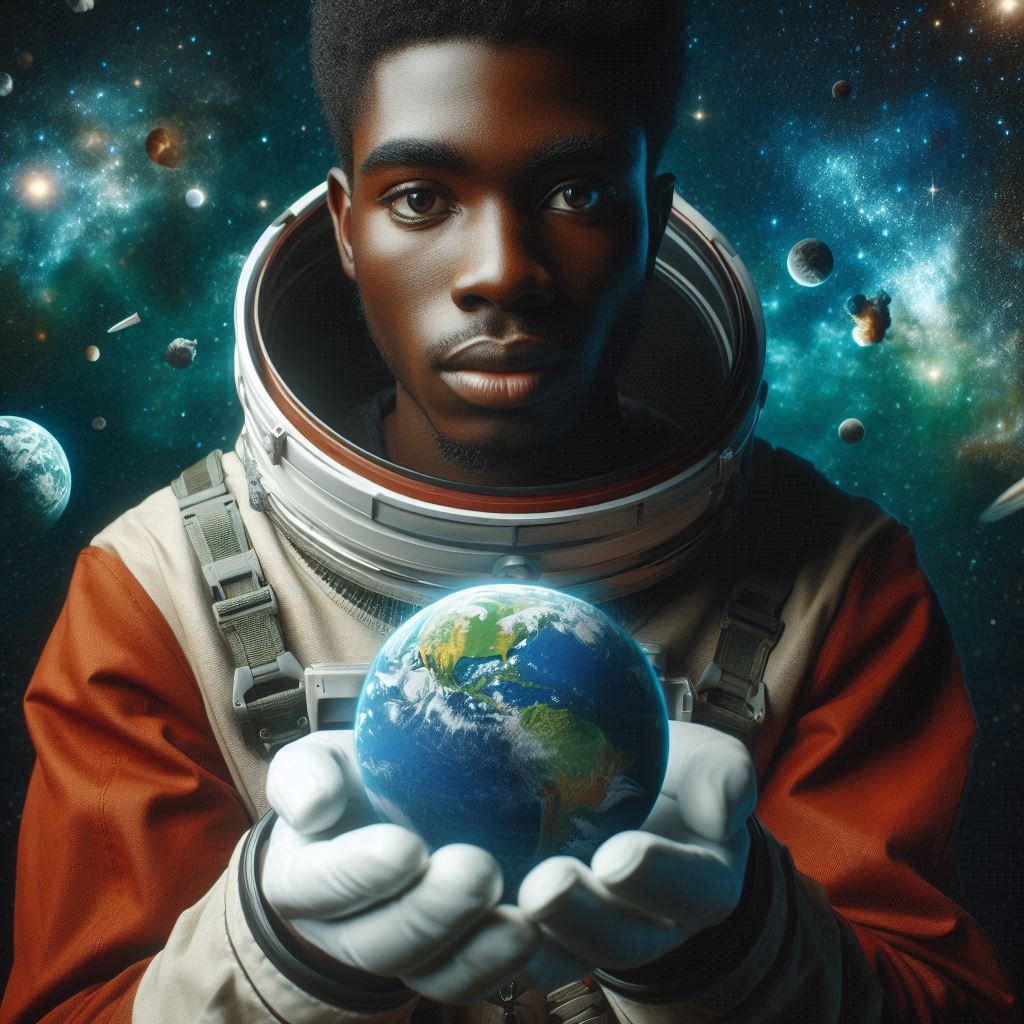African countries have long participated in the FIFA World Cup. Although none has had the privilege to win it yet, the continent is a football-loving one. However, before today, a feisty encounter pushed Africa to withdraw from football’s biggest event. Yes, Africa boycotted the 1966 World Cup.
But why?
Well, the decision started with Ghana. And this action by Africans forced FIFA reforms that we now enjoy today. Here we detail why Africa boycotted the 1966 World Cup, what became of the decision, and where we are now as a continent.
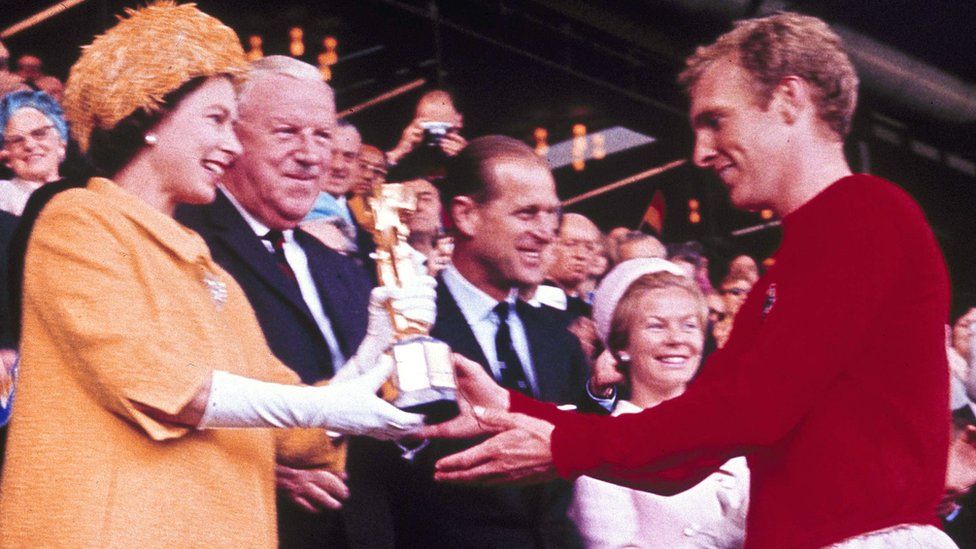
1966 Was a Crucial Year for African Football
English fans will most likely hold the 1966 World Cup dearly in their hearts. After all, it was the first and only time England ever won the world cup. But that tournament was equally significant to Africans and the continent’s subsequent participation in the competition.
African teams boycotted the FIFA World Cup in 1966 in response to a rising rift between established footballing countries and the newly-independent African nations. Thus, Africa’s decision wasn’t a one-off decision. The seeds of this boycott were a long-time coming.
During the 1958 WC Qualifications, a FIFA rule indicated that any qualifying team must have played a game or must have a playoff against a European team. The effect of this rule impacted the twelve Asian and African teams the most. In essence, it meant that for Afro-Asian nations to have a shot at World Cup qualification, they would have to face European teams.
Four years later, things were not much better. The structure was changed once more, but not in a way that benefited Asian and African countries because no automatic spots were awarded to them this time. Sudan and Egypt both withdrew in disappointment.
Again, facing off against European teams would be the winners of the African and Asian divisions. The outcome was not surprising. Spain defeated the CAF champions, Morocco, in two legs, and Yugoslavia defeated the AFC champions, South Korea, in two legs. However, it was believed that advancements would be made for the 1966 competition. This time, there was one spot between the AFC and CAF confederations.
Still, this was unreasonable.
Read: Best Strategies to Negotiate Your Pay as a Footballer
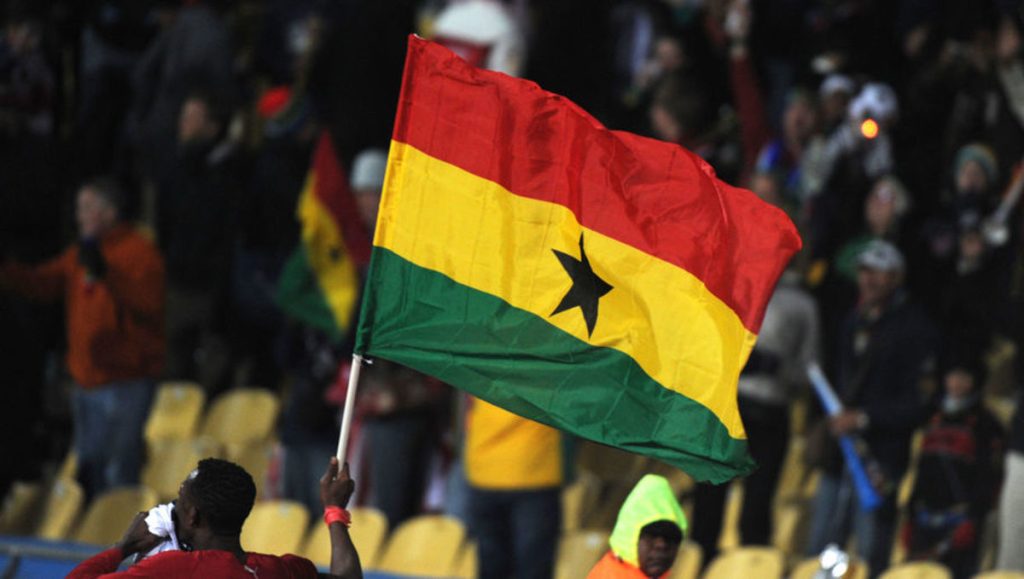
Ghana’s Role in Africa’s Decision
Ghana was influential in the 1966 boycott. The country, under the administration of its first president, Kwame Nkrumah, had a strong desire to push for social change for Africans in the eyes of Europeans. Ohene Djan, the first president of the Ghana Football Association and a Nkrumah appointee, urged Africa to boycott the 1996 World Cup. The goal was to get equal treatment at the international level in football, which was eventually realized.
The boycott was to agitate for Africa to have its own World Cup Qualifiers. After FIFA had distributed 15 of its 16 World Cup slots among Europe (10 teams), Latin America (4 teams), and Central America/Caribbean (1 team), the world football governing body decided that Africa, Asia, and Oceania would fight for just one slot.
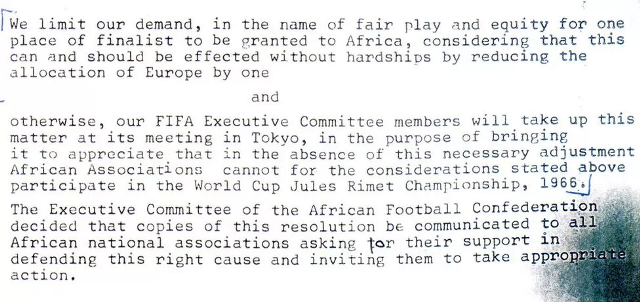
Djan was a member of FIFA’s Executive Committee and objected to the decision. He labelled it “insulting, appalling, and humiliating.” It’s important to note that the Black Stars of Ghana were at the peak of their powers at this time. They had won the African Nations cup twice in a row, in 1963 and 1965. They had huge chances of going really far in the 1966 World Cup.
In fact, Ghana’s Osei Kofi was considered equal to the great George Best by World Cup winner Gordon Banks. Given the greatness of the Northern Irishman, this was a huge claim. However, most people have never even heard of Kofi. That’s because he unfortunately never got to display his skills at the biggest competition in world football due to the 1966 boycott. He was nicknamed the “Wizard Dribbler” and “One Man Symphony Orchestra.”
Innovative Tech Solutions, Tailored for You
Our leading tech firm crafts custom software, web & mobile apps, designed with your unique needs in mind. Elevate your business with cutting-edge solutions no one else can offer.
Start NowAnd when Africa boycotted the 1966 World Cup, he was denied the chance to cement his name in history.
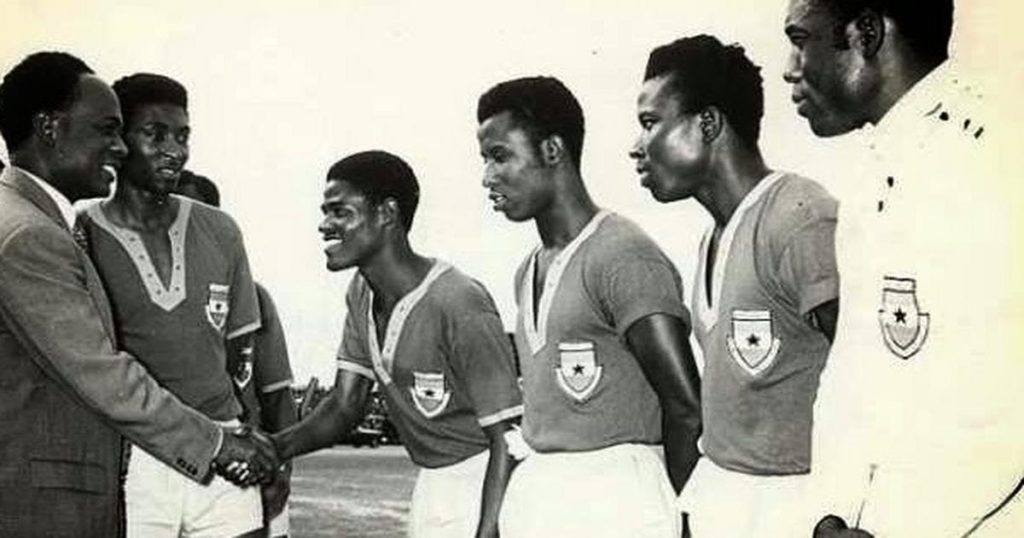
Kofi Believes Ghana Would Have Won the 1966 World Cup
Although the boycott denied him the chance to truly show his talent to the world, Osei Kofi claims he has no hard feelings.
“We should have regretted not playing in the World Cup but it was a cheat,” Kofi told the BBC. “It was not fair. And it hurt FIFA for Africa to do this.”
Another Ghanaian international at the time, Kofi Pare, believes Ghana would have won the world cup. He also mentioned that he regrets Africa boycotting the World Cup and expects others to rue the decision as well.
“I don’t know any of us who will say he didn’t regret it,” Kofi Pare told the BBC.
“After we had been watching the World Cup, we knew we could have done better. I think we were one of the greatest teams.”
“If we had played at the World Cup, we would have gone to the final – or won it – honestly.”
After missing out on the tournament, Africa has not been able to reach the final of the competition, let alone win it.
Africa Boycotted the 1966 World Cup in Response to Djan
Ohene Djan continued to criticize the decision and urge African nations to stand up against it. This inspired the entire continent to boycott the FIFA World Cup in England. Although FIFA ignored Djan’s protest of the competition and went ahead with the tournament without an African team, they reconsidered their stance in the next edition in Mexico in 1970.
For the first time, FIFA allocated one slot to Africa. Although it was still small, it was a step in the right direction that led to five slots today. There will also be a potential nine African teams at the 2026 World Cup, jointly hosted by Canada, Mexico, and the United States.
Morocco became the first African country to qualify for the world cup after the amendment.
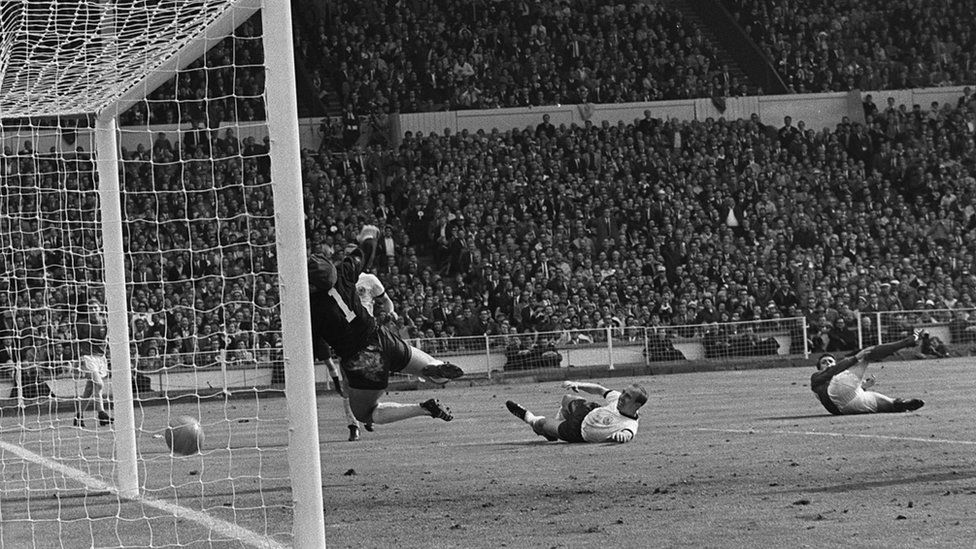
The 1950s and 1960s Were a Time of Change
Many African countries gained independence during the 50s and 60s. It was a time of change for Africa. World War II had weakened old colonial powers such as Great Britain and France. And in the decades that followed, both countries had been gradually giving up their empires.
Naturally, this resulted in a change in how the conquering countries interacted with the newly independent ones. Football was one of the old power systems that were being questioned.
When European teams had multiple qualifying spots, why should the largest and second-largest continents compete for a single spot at the World Cup finals? How fair was that?
Apartheid in South Africa Led to the Country’s Ban
Apartheid in South Africa is another issue that needs to be addressed. This was a cause of conflict between the CAF and Stanley Rous, the president of FIFA. Despite being admitted to FIFA in 1954, South Africa was kicked out of the CAF in 1958.
Amazingly, South Africa’s inability to comply with an ultimatum about anti-discrimination laws took FIFA three years to follow the CAF’s precedent and ban South Africa from FIFA in 1961. Stanley Rous, the FIFA president for the 1966 World Cup, was elected shortly after South Africa was expelled from FIFA.
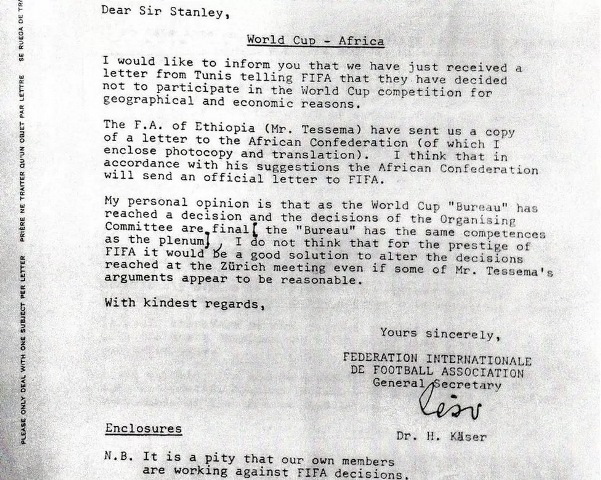
Africa’s Boycott Brought Problems for Rous and FIFA
The boycott undermined Stanley Rous’s leadership of FIFA. His FIFA presidency was ultimately undone by disagreements over the World Cup’s inclusion of Asia, Africa, and nations that supported anti-apartheid policies. FIFA’s persistently pro-European position irritated the confederations more and more.
Joao Havelange eventually took advantage of the mounting unrest by promising more participation from the African and Asian confederations in his successful attempt to take over FIFA at the 1974 congress of the organization. The Asian and African delegates pounced on their chance, forcing Rous into retirement. The 1966 boycott marked a turning point in the growth of African and Asian interest in football, but it also had a significant impact on FIFA’s executive committee.
Africa Fought for the World Cup Today
The boycott demonstrated the Afro-Asian coalition’s burgeoning significance. So, when we’re watching the games this World Cup in Qatar and the next in 2026, keep in mind the challenging journey that countries from Africa and Asia had to take in order to get their just place on football’s biggest stage.
Before you go…
Hey, thank you for reading this blog to the end. I hope it was helpful. Let me tell you a little bit about Nicholas Idoko Technologies. We help businesses and companies build an online presence by developing web, mobile, desktop, and blockchain applications.
As a company, we work with your budget in developing your ideas and projects beautifully and elegantly, as well as participating in the growth of your business. We do a lot of freelance work in various sectors, such as blockchain, booking, e-commerce, education, online games, voting, and payments. Our ability to provide the needed resources to help clients develop their software packages for their targeted audience on schedule is unmatched.
We’re happy to hear from you if you need our services! Contact us today.






